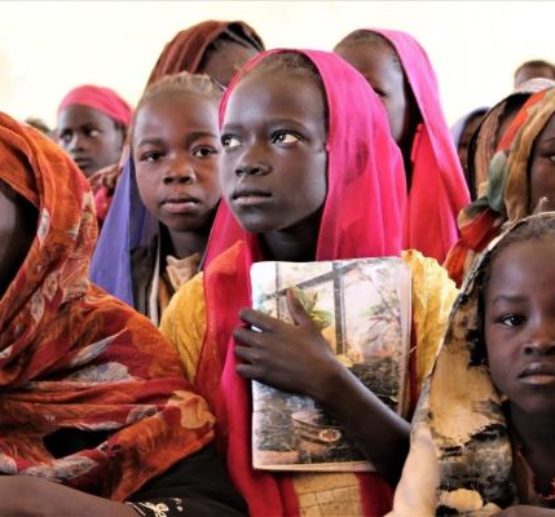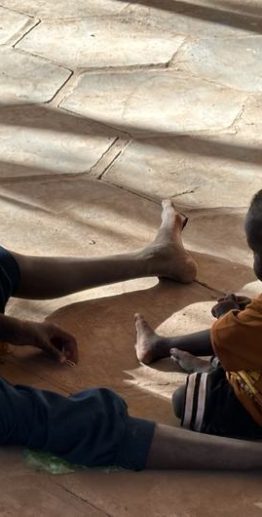In recent weeks, West Darfur has seen a surge in violent conflicts and incidents, resulting in the death and injuries of many civilians. As a result of this emergent violence, Lieutenant General Abdelfattah El Burhan arrived in El Geneina, one of the cities affected by this deadly violence, to investigate the situation in West Darfur. Darfur Women Action Group expresses its grave concern over the scale of the violence occurring throughout Darfur at this time and calls for an immediate end to the targeted attacks.
One of the most affected places by violence right now is El Geneina. On April 11, the West Darfur Doctors Committee announced that the death toll from violence in the last week is at least 144 as well as 233 reported injuries. This violence was preceded by deadly attacks in January 2021 when Arab herdsmen targeted the Masalit people, resulting in the death of at least 163 people and the displacement of tens of thousands of Darfuri civilians. The United Nations High Commissioner for Refugees (UNHCR) reports that this most recent outbreak of violence has led over 2,000 Darfuris — mostly women and children — to seek refuge in neighboring Chad. Those fleeing report the burning and pillaging of their villages, a tactic that has been used by the Janjaweed militia since the early 2000s.
El Geneina is not the only locale affected by this deadly violence; South Darfur has seen violent incidents and deaths as well. Radio Dabanga reported a violent attack that occurred in Kalma camp on Saturday April 10 that resulted in one death and five serious injuries. Less than 24 hours later, on the evening of Sunday April 11, a new attack on the same camp resulted in the death of an internally displaced person (IDP). The General Coordination of Camps for the Displaced and Refugees said that they held the transitional government and military responsible for this deadly violence against these vulnerable populations.
North Darfur has also not been exempt from this systematic and bloody violence. On April 2, Radio Dabanga reported that multiple people were wounded in bloody clashes in response to the appointment of a new Chief in the El Sareif Beni Hussein locality of North Darfur. While the numbers of civilians affected by this violence is unclear–best estimates reported that about 15 people were killed and another 15 were wounded in these violent events–what is clear in these clashes is that local and national governments are failing to stop this violence.
Much of this violence across Darfur is likely, in part, the consequence of the recent removal of the joint United Nations-African Union Mission in Darfur (UNAMID) which, while not perfect, had previously been engaging in civilian protection on the ground in Darfur. As we expressed following the withdrawal of UNAMID forces, the lack of civilian protection created a vacuum that government security forces filled, desecrating any sense of hope for an improvement in the security situation. The interim government has proven that it remains committed to continuing the genocidal policies of the Bashir regime.
DWAG remains committed to highlighting the atrocities being committed throughout Darfur and we call upon the transitional government to stop the violence by immediately removing the Rapid Support Forces (RSF) from the region. We also call upon the international community, particularly the United Nations Security Council (UNSC) to hold the interim government accountable and must incorporate a civilian protection mandate into the United Nations Integrated Transition Assistance Mission in Sudan (UNITAMS) in order to fill the gap left by the removal of UNAMID personnel and troops.
The violence in Darfur must be stopped. Thousands of newly displaced people, hundreds of severe injuries, and civilian deaths demonstrate that there must be more done to end protracted conflict that leads to continual suffering. The signing of a peace agreement is not enough. We must act now to ensure that the people of Darfur can finally experience peace and security after almost two decades of deadly violence.




